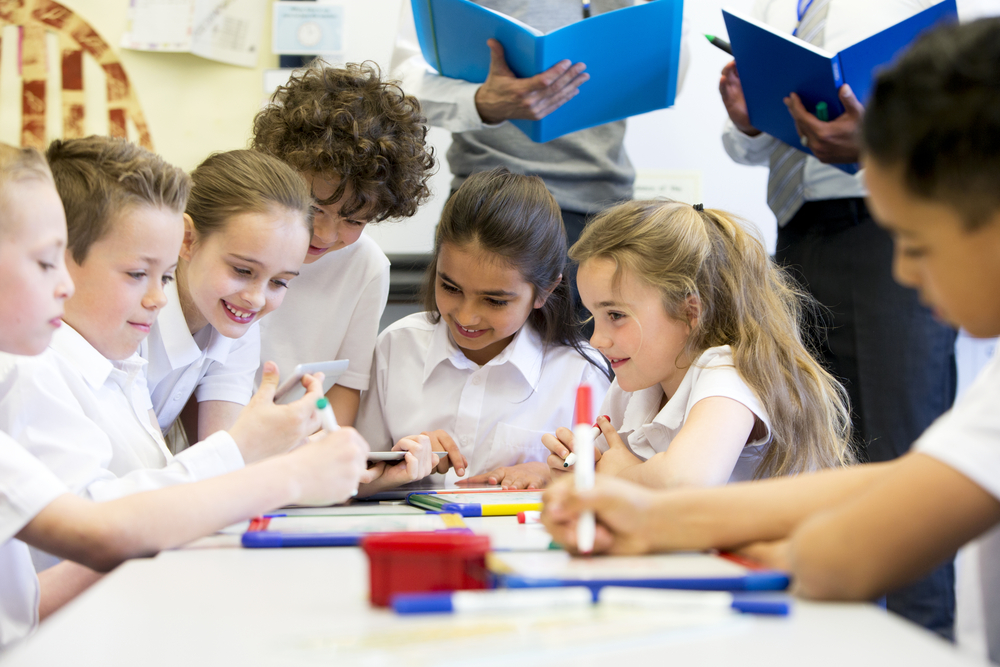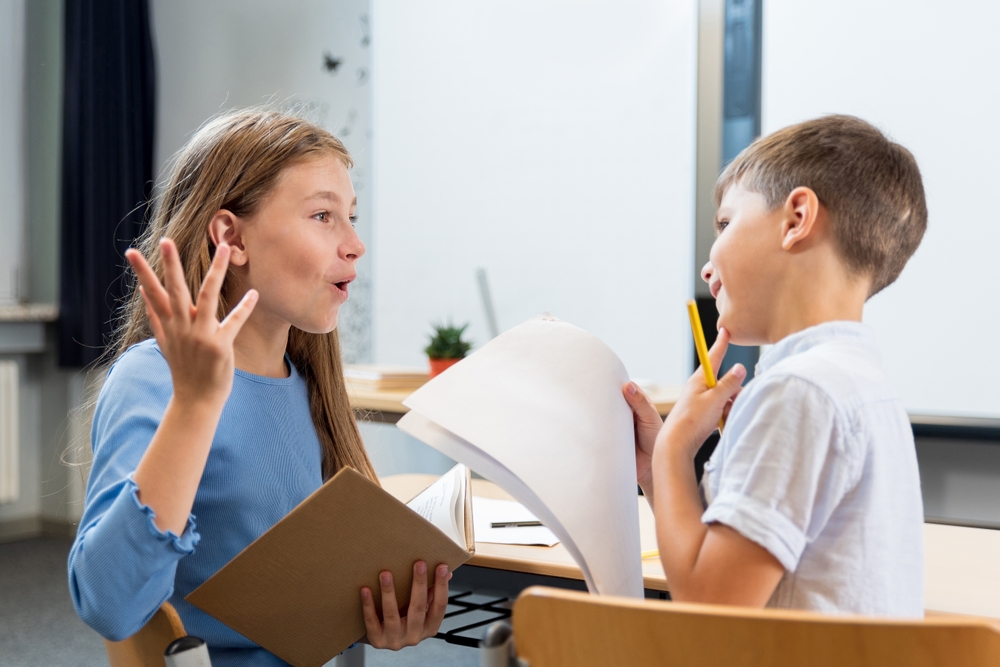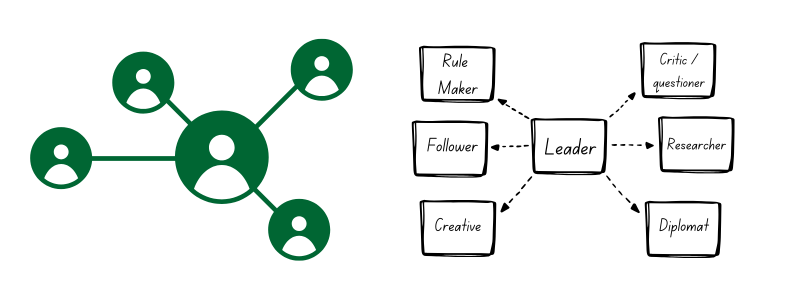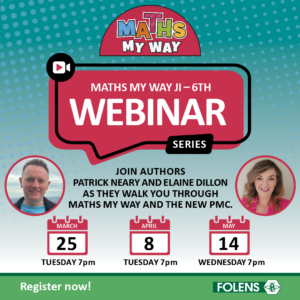Assessing and evaluating play can sometimes be challenging because it often involves unconventional learning experiences that are less structured than traditional methods. However, much like using a less traditional method of teaching, assessment methods can take many forms and include a variety of techniques.
In my view, once a teacher can clearly show learning taking place and use that learning and the children’s knowledge to guide the next steps, assessment can, and should, be contextual to the activities.
Use an assessment that suits the learning
Use a variety of observation techniques such as anecdotal notes, checklists, time sampling and event sampling. Keep brief, descriptive notes on specific behaviours or interactions during play.
Tip: Focus on key moments that reveal learning.
Create developmental or skill-based checklists to track specific milestones or competencies observed during play. The progression steps in the Primary Language and Maths Curricula are a good starting point for these assessment checklists.
Aim to observe and record behaviours at specific intervals (weekly, monthly etc.) to understand patterns and document instances of a particular behaviour or skill when they occur.
The evidence will often come from the activity itself
Capture evidence of learning. Photos and video and the use of any multimedia tools to record play activities are a great way of compiling assessment of and for the children’s learning. Review these recordings to identify learning moments. Remember to ensure the correct permissions have been obtained for the use of any photography or recordings (audio and video) for the children in your class.
Collect artifacts of play such as drawings, constructions or written narratives created during play to document progress. Compile a portfolio or collection of work and evidence over time to showcase the children’s development.
The children should also be encouraged to engage in self-assessment through the use of digital, written or pictorial ‘Learning Logs’.
Focus on key developmental domains
While observing, consider how play supports cognitive development such as;
- problem-solving,
- memory,
- creative thinking,
- social skills such as cooperation, negotiation and conflict resolution,
- physical development such as fine and gross motor skills,
- emotional development such as self-regulation, empathy and resilience and
- language development such as vocabulary, storytelling, and communication skills.
It is important to engage in reflective dialogue to help in your assessment of the children’s learning through playful learning experiences.

Ask open-ended questions. Ask the child questions about their play e.g.
- What are you building?
- Why did you choose this approach?
- What will you do next?
This type of feedback can provide valuable information on the processes the child is using.
Use peer or group reflections
Self and peer assessment is a great way for teachers to see how a child feels about their own learning or how they view someone else’s learning.
Facilitate discussions among children to understand their perspectives on shared activities. By giving reflection time and giving children opportunities to reflect on their learning experiences, it gives us as teachers a chance to ask them what they enjoyed, what they found challenging and what they learned.

Peer feedback encourages children to give feedback to each other about their learning which helps them to develop and enhance social and evaluative skills.
Analyse play themes and patterns
Identify recurring themes, interests, roles, or problem-solving strategies.
Ask for parental input. Collaborate with parents to gather useful and actionable insights into the child’s play and learning at home.
In observing a child’s play, you can note how a child transitions between solitary and group play and their roles within group dynamics. Are they naturally…
- a leader,
- an observer,
- a participant?
Adapt tools for unconventional learning
For unconventional learning scenarios, use play maps as a diagram of the progression of play to track problem-solving and story evolution.
Sociograms are a great way of mapping social interactions during group play to understand relationships and dynamics.

A sociogram is a graphic representation of social links and roles that a person has in a group situation. Like a mind map of relationships.
You can use such insights and observations to make alternative student groupings or to suggest roles for children to explore. Some children may like to guide others in order to make their own play more involving. You may want these natural ‘play leaders‘ to have their own groups and responsibilities.
Audio recordings document dialogues and storytelling often reveal thought processes.
As with all forms of assessment of, and for, learning, remember to maintain objectivity. Describe what you see without interpreting immediately (e.g., “The child stacked five blocks into a tower and added a flag”) and use objective language to ensure clarity and avoid bias.
Combine quantitative and qualitative data
Use a mix of measurable outcomes (e.g. frequency of collaborative play) and descriptive narratives (e.g. storytelling during role-play).
To ensure children feel free to express themselves in play without judgment, foster a safe and enriching environment and provide diverse materials and open-ended resources to encourage creativity and exploration.
Remember to reflect and adjust by regularly reviewing your observations and assessment tools for effectiveness. Adjust your approach to align with each child’s unique needs and interests.
As with more traditional styles of teaching and learning, setting SMART targets for playful learning experiences can help structure learning through play, ensuring that educational objectives are met while keeping the activities enjoyable and engaging for children.
Using the progression steps or the learning outcomes and ensuring they are specific, measurable, achievable, relevant and timed can help with assessment of and for learning and will help to guide the next steps.
In summary
Feedback is important in assessment and in guiding teaching and learning. Provide immediate and constructive feedback during play and learning experiences to help children to reflect on their actions and make adjustments.
Have regular discussions with children about their learning experiences, what they learned and how they felt. This can help them to develop self-awareness and self-assessment skills.
Remember that assessment is not only for the teacher. Share your thoughts and observations with the child and give them time to use your findings along with their own experiences to see how far they have progressed and take action to take further leaps and bounds in their learning journey.
More reflections on play centred learning from Gillian:
https://www.instagram.com/the_glitter_and_coffee_teacher


Leave a Comment